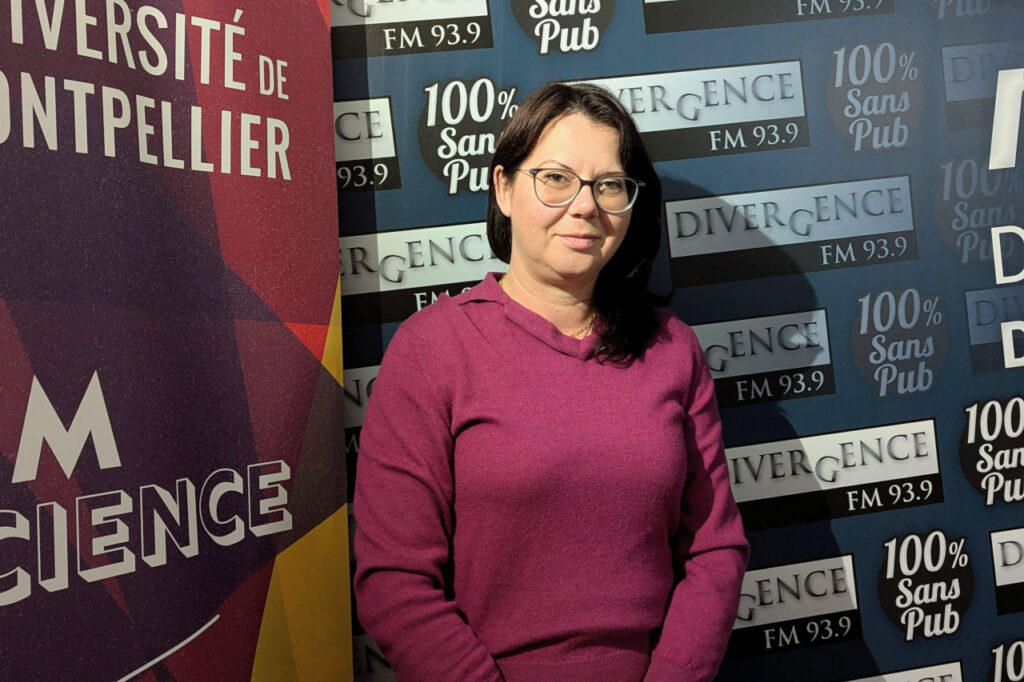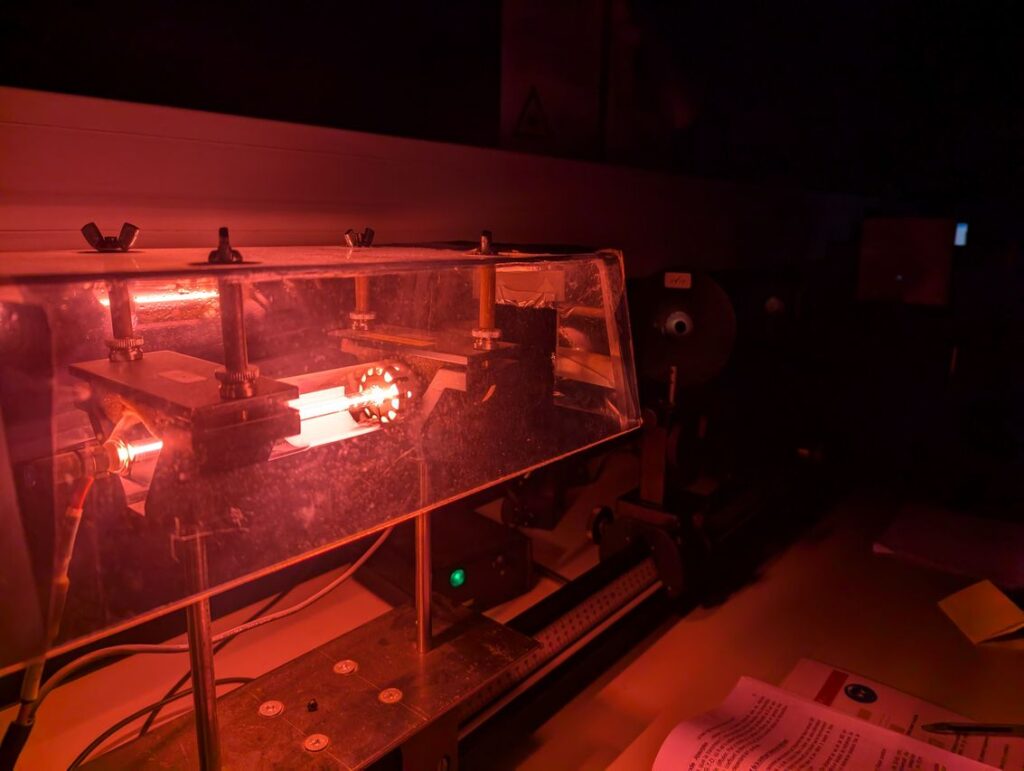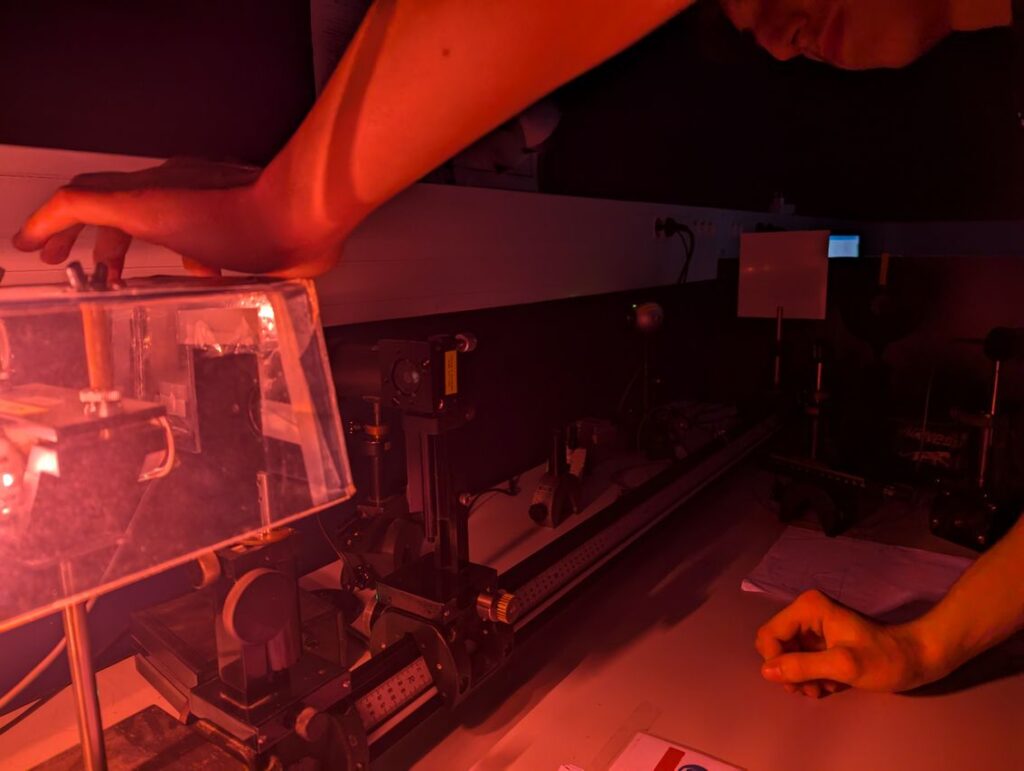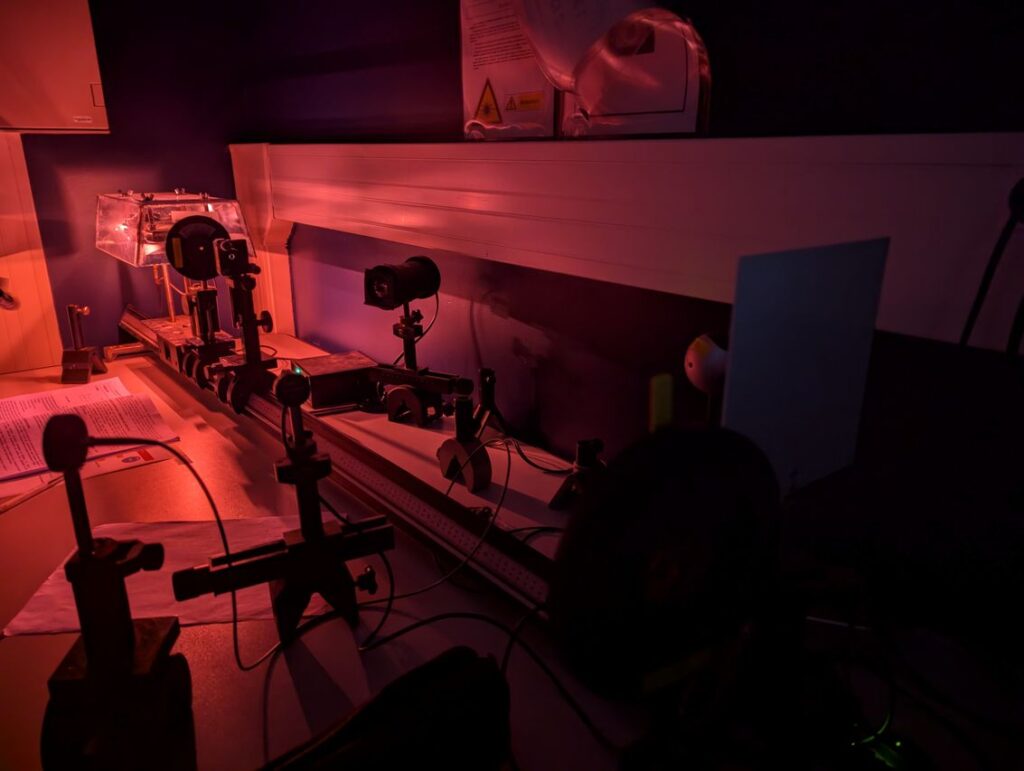Science at UM [S04-ep19]: Children interact with robots to question gender stereotypes in math
This week in Science at UM, Madalina Croitoru, a researcher at Lirmm, presents an experiment involving interaction between a robot and children to challenge gender stereotypes in mathematics. In the second part of the program, students in an optics lab experiment with laser cavities. The program airs every Wednesday on Divergence 93.9.

In one week, the die will be cast for the nearly 650,000 high school seniors invited to submit their college preferences on the ParcourSup platform. Will this year see a repeat of the same gender bias in their choices? We'll find out in a few weeks.
Already in 2022, the Maths et Sciences collective, which brings together numerous associations of secondary school teachers, raised the alarm about the unprecedented drop in the number of female high school students enrolled in science courses. Between 2019 and 2021, there was a 28% decrease in the number of girls in their final year of high school studying science, and a 61% decrease in those studying mathematics.
The same group compared the figures for 2019 with those for 1994. While the number of girls in science courses had risen from 40% to 47% over a 30-year period, it had fallen back to 44% in 2021. As for mathematics, the proportion of female students had fallen from 40% to 35% in 30 years. How can we explain this decline in the number of girls in science courses, when they generally perform better than boys across all courses and levels?
One hypothesis is the strong prevalence of gender stereotypes that steer girls toward literary careers, while boys are seen as naturally more gifted at mathematics. And the most damaging aspect is that the internalization of these gender stereotypes often begins in elementary school.
In Montpellier, a team of researchers in robotics and social psychology came up with the idea of combining their skills and using artificial intelligence to analyze gender stereotypes in the perception of mathematical abilities. To do this, they set up an experiment involving interaction between a robot and a class of 7-year-old children.
Madalina Croitoru is a computer scientist at the Montpellier Laboratory of Computer Science, Robotics, and Microelectronics, while also pursuing a PhD in cognitive science with the Epsylon laboratory. She details the results of this study: "An experiment in child-robot interaction to analyze gender stereotypes in the perception of mathematical abilities."
In the second part of the program, we remain in the field of education, as the Faculty of Science welcomes us to discover its teaching facilities over the course of several weeks. We head to the Triolet campus to attend practical classes on waves, electromagnetism, and optics led by Professors Guillet and Steeve Cronenberger. This week, two students have four hours to create a laser beam.



At UM Science, you have the program, so let's get started!
Co-production: Divergence FM / University of Montpellier
Host: Lucie Lecherbonnier
Interview: Lucie Lecherbonnier / Aline Périault
Reporting and editing: Lucie Lecherbonnier
Production: Robin Laillou
Listen to the program “A l’UM la science” on Divergence FM 93.9
